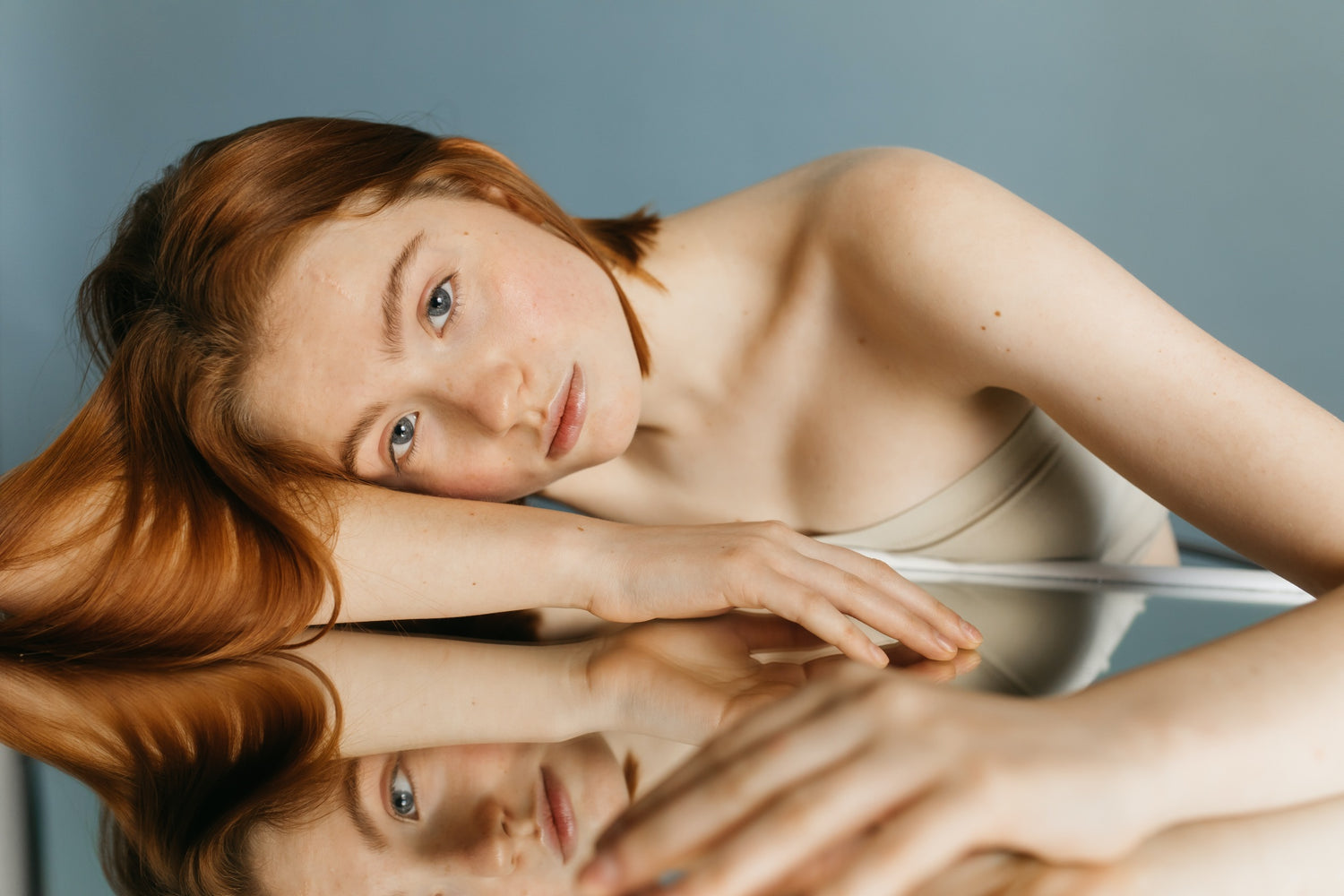Puberty is a hormonally turbulent period when various changes begin to appear, but the ones that you often contact us about are youthful acne and skin care during that period. During puberty, adolescents of both sexes have a particularly pronounced increased secretion of sebum with the action of androgenic hormones, which is one of the conditions for the development and appearance of acne. What and how to use? Do you need the help of a dermatologist? What to avoid? Encouraged by your frequent questions and doubts about young skin care, we decided to talk to an expert.
Dora Madiraca Glasović is a specialist dermatovenerologist at the Clinic for Skin and Sexual Diseases of the KBC Sisters of Mercy in Zagreb. She is currently specializing in pediatric dermatology, and her field of activity is pediatric and aesthetic dermatology and dermatological oncology. This successful and approachable doctor is also the mother of two children, Antona, 3 years old, and Doris, 15 months old, and in addition, she managed to find some time for us and you, and to provide first-hand information about this common dermatological problem.

What are the most common skin problems you encounter daily in teenage patients?
Adolescents most often turn to me precisely because of acne problems, which is expected considering that almost 80% of teenagers have this problem . In my daily work, I treat patients with different forms of this disease, from the mildest changes such as comedones to severe inflammatory acne that affects the face and other parts of the body.
What would be your most important advice for fighting acne and what to use?
Puberty as a transition to the world of adults is a challenging life period in every respect. Given that acne occurs on exposed parts of the body, it often has a negative impact on the psychological state, social relationships and quality of life of young people. I emphasize to my young patients that acne is not what defines them and that persistence with regular check-ups and adequate therapy is key in the fight against this condition.
For mild forms of acne in the sense of comedones with some inflammatory papules, I recommend washing your face daily with a non-comedogenic cleanser and using creams and lotions for acne-prone skin. If necessary, I also prescribe a different therapy that contains active anti-inflammatory and keratolytic substances such as topical retinoids, azelaic or salicylic acid, benzoyl peroxide, antibiotics alone or in combination. More severe forms of acne require systemic treatment with oral antibiotics or retinoids.
From your experience, what mistakes are young people prone to make when using cosmetics to treat acne?
Young people often do not have patience and if the prescribed therapy does not produce results within a few days of the start of application, they cancel it on their own initiative. Also, they tend to experiment with numerous products or even share therapy with each other with the attitude "if it helped my friend, it will surely help me too". Frequent changes of preparations and the use of aggressive agents excessively dry and irritate the skin and can lead to worsening of acne.
I emphasize the importance of an individual approach to each patient with this problem and the need for regular controls so that everyone is satisfied with the results.
What kind of care regime would you recommend for young, flawless skin?
The rule of skin care without irregularities is "less is more", i.e. a simple routine consisting of a mild cleanser, moisturizing non-comedogenic cream or lotion with mandatory photo protection.
Parents are most interested in what age is the best time to start caregiving?
Skin care is recommended from an early age to preserve the skin barrier that helps us fight external stressors. When we talk about acne, I often hear the sentence from accompanying parents at work: "Acne should not be touched, I had it too, so it went away on its own, that's normal." Regardless of their frequency in adolescents, it is definitely necessary to treat them at an early stage in order to avoid potential long-term consequences such as scars and changes in skin pigmentation.
Dr. Madirac Glasović's favorite Skintegra product is:
As a dermatologist, I emphasize the importance of daily photoprotection, so I would single out Solar I. This moisturizing fluid for sun protection with a high protective UVA/UVB factor (SPF30) has an extremely light texture and is easy to apply. It is suitable for all skin types, including sensitive and acne-prone skin because it is non-comedogenic and moisturizing, ideal for use throughout the year.


